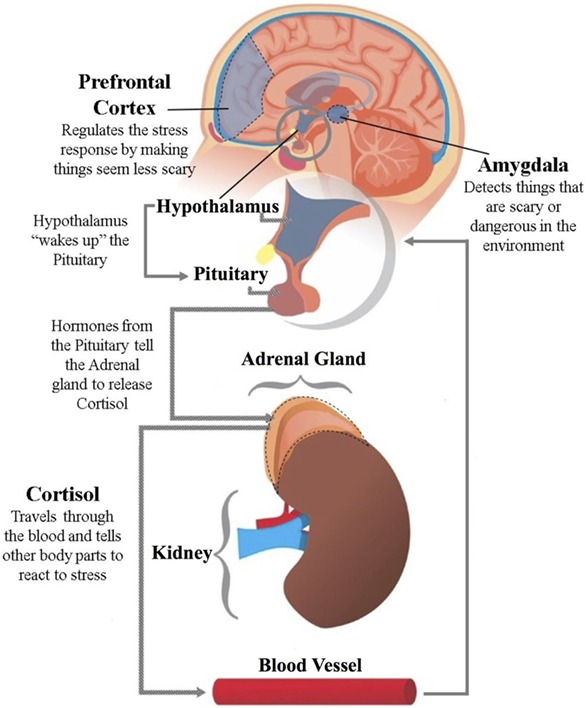Posts Tagged ‘#WorldHealthDay’
On World Health Day 2020, let’s discuss the stress response and the General Adaptation Syndrome (2/3)
_______ [Editor’s note: Continued from yesterday’s Exploring the human brain and how it responds to stress (1/3)] Stress was put on the map, so to speak, by a Hungarian — born Canadian endocrinologist named Hans Hugo Bruno Selye (ZEL — yeh) in 1950, when he presented his research on rats at the annual convention of…
Read More
